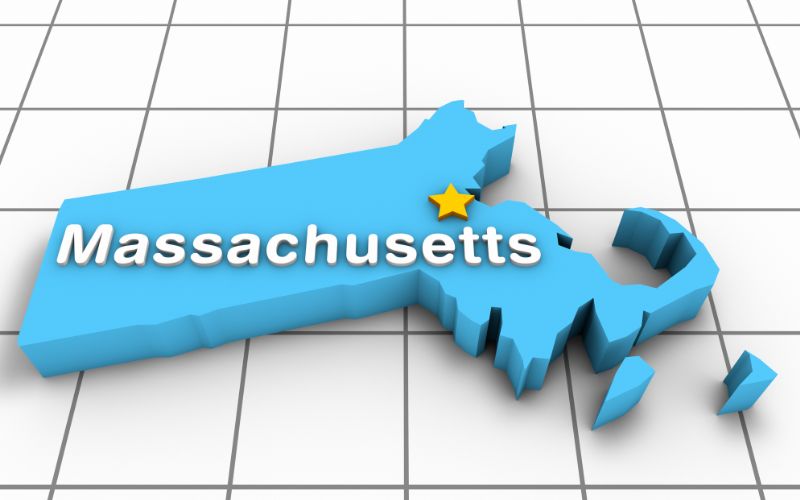Microdosing Collective, a nonprofit dedicated to advancing the right to microdose, has announced its support for Question 4 on the Massachusetts ballot.
If Massachusetts voters approve the ballot initiative, Question 4 would legalize the use of psychedelics such as psilocybin, psilocin, DMT, ibogaine and mescaline for adults 21 and older at licensed therapy centers. Question 4 also would decriminalize possession of small amounts for personal use.
If approved, the initiative would make Massachusetts the third state to legalize psychedelic substances for therapeutic use.
“Question 4 represents a significant stride toward recognizing the potential benefits of psychedelics, including microdosing,” said Sam Chapman, policy and development director at Microdosing Collective. “Microdosing provides a safe, regulated and affordable opportunity for those seeking to improve their mental health and wellbeing, and we are incredibly excited that individuals in Massachusetts will have legal access to regulated and tested psilocybin microdoses with the passage of Question 4.”
Question 4 would create a regulatory framework for the therapeutic use of natural psychedelics in Massachusetts, similar to measures passed in Oregon and Colorado. It also would allow for limited home cultivation, a provision that could potentially benefit those interested in microdosing.
“As a naturopathic doctor, I’ve seen growing interest in microdosing as a wellness tool,” said Dr. Jacqueline Jacques N.D., board member of the Institute of Natural Medicine. “Question 4 could pave the way for more research into sub-perceptual doses, potentially leading to safer, more accessible options for those seeking alternative approaches to mental health and wellbeing.”
The initiative aligns with Microdosing Collective’s goal of establishing legal frameworks that differentiate between microdosing and higher, consciousness-altering doses of psychedelics, according to the nonprofit. While Question 4 doesn’t make this distinction explicitly, the organization views it as a stepping stone toward more refined policies.
Microdosing Collective estimates that about 4 million people in the United States are actively microdosing, with the market valued at around $100 million. However, the lack of regulation poses risks, as highlighted by recent safety incidents involving uncontrolled psychedelic products.
“Question 4 is an opportunity for Massachusetts to lead in creating a regulated psychedelic community that prioritizes safety and efficacy,” Chapman added. “It’s a crucial step towards a future where microdosing can be explored openly and safely.”
The organization calls on Massachusetts voters to support Question 4, viewing it as a catalyst for broader discussions on psychedelic policy reform.

